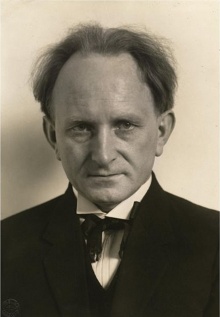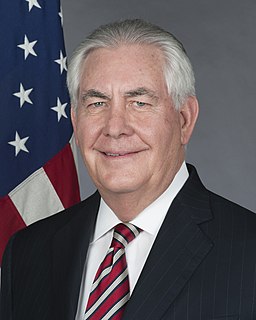A Quote by Henry Giroux
Young people oppose those market-driven values and practices aimed at both creating radically individualized subjects and undermining those public spheres that create bonds of solidarity that reinforce a commitment to the common good.
Related Quotes
Pure photography allows us to create portraits which render their subjects with absolute truth, truth both physical and psychological. That is the principal which provided my starting point, once I had said to myself that if we can create portraits of subjects that are true, we thereby in effect create a mirror of the times in which those subjects live.
The dignity of the human person is a transcendent value, always recognized as such by those who sincerely search for the truth. Indeed, the whole of human history should be interpreted in the light of this certainty. Every person, created in the image and likeness of God (cf. Gn 1:26 28), is therefore radically oriented towards the Creator, and is constantly in relationship with those possessed of the same dignity. To promote the good of the individual is thus to serve the common good, which is that point where rights and duties converge and reinforce one another.
Let others mock at you, oppose you, when you are under the influence of any passion; do not be in the least offended with those who mock at or oppose you, for they do you good; crucify your self-love and acknowledge the wrong, the error of your heart. But have the deepest pity for those who mock at words and works of faith and piety, of righteousness; for those who oppose the good which you are doing... God preserve you - getting exasperated at them.
Creating harmony amidst diversity is a fundamental issue of the twenty-first century. While celebrating the unique characteristics of different peoples and cultures, we have to create solidarity on the level of our common humanity, our common life. Without such solidarity, there will be no future for the human race. Diversity should not beget conflict in the world, but richness.
Despite current ads and slogans, the world doesn't change one person at a time. It changes when networks of relationships form among people who share a common cause and vision of what's possible. This is good news for those of us intent on creating a positive future. Rather than worry about critical mass, our work is to foster critical connections. We don't need to convince large numbers of people to change; instead, we need to connect with kindred spirits. Through these relationships, we will develop the new knowledge, practices, courage and commitment that lead to broad-based change.
Public values are not only under attack in the United States and elsewhere but appear to have become irrelevant just as those spaces that enable an experience of the common good are now the object of disdain by right-wing and liberal politicians, anti-public intellectuals and an army of media pundits.
The Church encourages those in power to be truly at the service of the common good of their peoples. She urges financial leaders to take account of ethics and solidarity. And why should they not turn to God to draw inspiration from his designs? In this way, a new political and economic mindset would arise that would help to transform the absolute dichotomy between the economic and social spheres into a healthy symbiosis.
Solidarity is a beautiful word because it means that you reach out to those who are different from you and who have to cope with different circumstances because we recognize that we all share the same human needs and same values. It is the values that count most of all. The value of freedom of thought, the value of democratic practices, the value of respect for your fellow human beings.
Rene Char wrote somewhere, apropos poetry, that there are those who create and those who discover; they are too completely different worlds. Photograph also has two sides to it and thank goodness, I am only intersted in those who discover; I feel a certain solidarity with those who set out in a spirit of discovery; I think there is much more risk invovled in this than in trying to create images; and in the end, reality is more important.

































